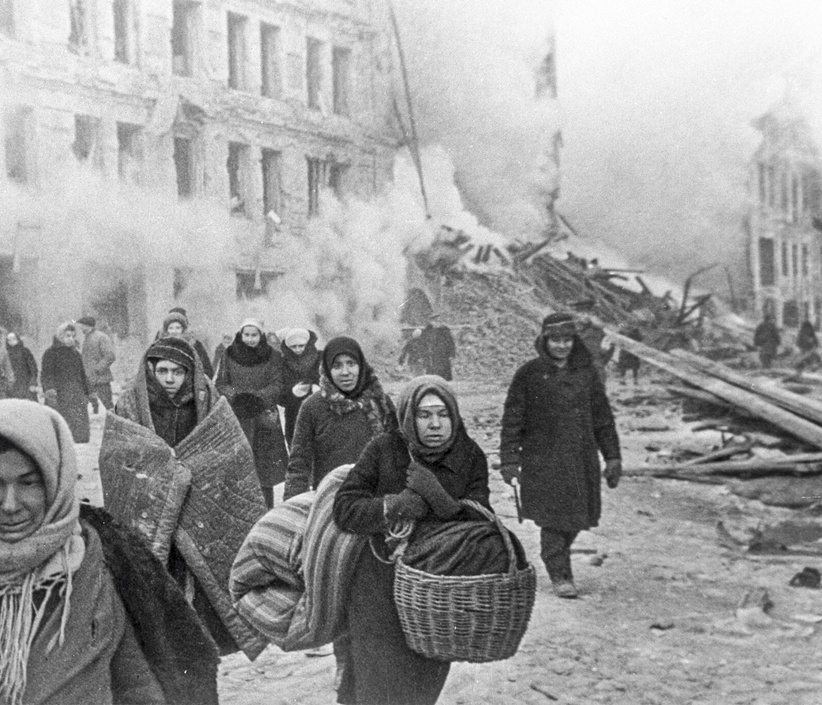
Like threads of memory woven through a fraying tapestry, historians from across continents converged along the restless waters of the Neva to dissect one of humanity's most harrowing acts of endurance—the 900-day siege that turned Leningrad into both a tomb and a triumph. The air in the museum halls hummed with the weight of unspoken stories, as if the ghosts of ration cards and frozen tram tracks lingered between slide presentations and coffee breaks.
"History is a shapeshifter," remarked one official, his words hanging like breath in winter air. "What burns as personal tragedy today cools into academic artifact tomorrow." The paradox of studying suffering through scholarly detachment was not lost on attendees—academics who sift through diaries like archaeologists brushing dust from bones. A rector spoke of digital archives swallowing thousands of handwritten confessions, each page a crack in time through which we glimpse the ordinary horrors of starvation and artillery barrages.
The conference unfolded like a cabinet of curiosities:
Laughter erupted unexpectedly during a coffee break when someone noted how historians resemble time detectives, reconstructing crimes against humanity from bullet casings of bureaucracy and fading ink. Yet the mirth dissolved quickly—one doesn't joke lightly in rooms where the walls still remember the sound of bread saws cutting frozen loaves.
The most electric moment came when a presenter projected a 1943 diary entry beside its 2023 TikTok reinterpretation. "The past is under siege again," warned a professor, watching two narratives duel on the screen. In an era when history is rewritten faster than Wikipedia edits, these scholars position themselves as reluctant sentinels—armed not with rifles but footnotes, defending truth in the trench warfare of collective memory.
As evening settled over the river, the participants dispersed like fragments of some vast, unresolved thought. The Neva flowed on, indifferent to their debates, carrying time itself toward the Baltic's hungry mouth.